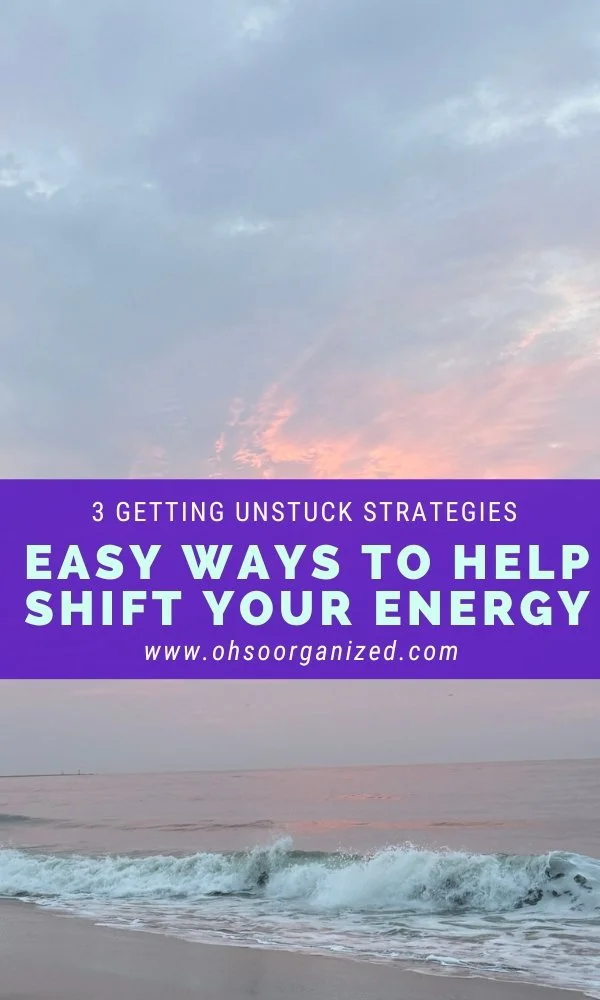As another major snowstorm, “a historic blizzard,” arrives today in the Northeast, thoughts of change fill my mind. As I write, only a light, gentle snow is falling. It’s barely sticking. Yet news reports warn that heavy snow (16” to 20”) is on the way. Talk about change! Right now, all is calm, but things can shift quickly.
The idea of progressing quickly is what I want to highlight. Although now, I’m not referring to the landscape or weather. Instead, I’m thinking about the change you want to make in your life. What shifts do you want, need, or hope for?
It’s all well and good to desire change, yet as you might have experienced, change can be difficult. Often, the challenge is with identifying which direction you want to take. When that happens, it’s easy to get stuck before you even begin.
Recently, I came across a quote from James Clear’s 3-2-1 newsletter. While he wrote specifically about growth, I interpreted his idea through the lens of change. His concept is so direct, and it could work beautifully, especially if you are struggling to make a change.
Two Ways to Choose Your Best Option for Change
When planning for the New Year, I use various templates and questions to design my year. Many I’ve shared with you, including these:
5 Guaranteed Ways That Will Make You Get a Hopeful Fresh Start
How to Immediately Find Your Best Balance Between Work and Play
James Clear’s concept is another way to cut through the noise and make a direct choice. He said,
“There are two ways to grow: by adding or by shedding. Do you need to add something or do you need to shed something?”
How powerful is that? As you think about Clear’s framing, what arises?
How to Use This Change Process
I can envision taking a piece of paper, drawing a vertical line down the middle, and labeling the two columns: “Add Something” and “Shed Something.” From there, capture your thoughts on the page.
Your “Add” column might include:
Learn something new
Drink more water
Invite people over
Meditate
Exercise
Do something creative
Your “Shed” column might include:
Piles of magazines
Books I’ll never read again
Dishware I never use
Thoughts that don’t serve me
Relationships that are draining
Next, select one item from each column that you’re most interested in changing. Circle it. You’ve taken many ideas and narrowed them down to two. It’s much easier to make a choice when there are fewer options.
Which one is calling your name? Is it something from the Add or Shed column? Begin with the change that feels most enticing. This is your starting point. Your choice is made. Now you can work on making that change.
After completing the change, return to your list. This is a working, flexible document. Add, remove, and choose the next change you want to make.
“Do you need to add something or do you need to shed something?”
Focusing on Change
There are many ways to approach the changes you desire. What are your thoughts on this method inspired by James Clear? In what ways could it work for you?
I’d love to hear your thoughts. I invite you to join the conversation.
How Can I Help?
Do you feel overwhelmed or disorganized? Do you want to make a change, but feel stuck? I’m here to help! Virtual organizing is an extraordinary path forward – Local feel with a global reach.
Let’s connect! I’m easy to reach.
Schedule a Discovery Call
Fill out the Contact form
Email me at linda@ohsorganized.com or
Call 914-271-5673
Embracing change and getting organized are possible, especially with support.













